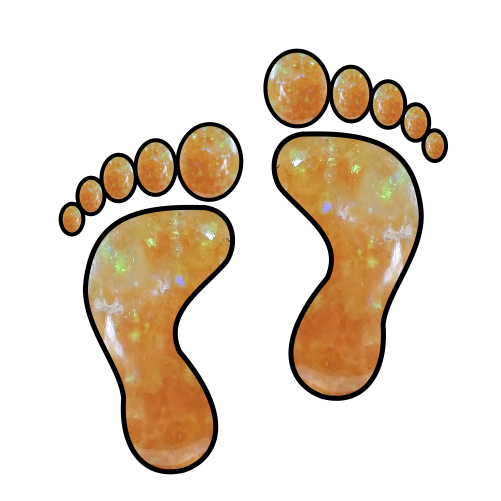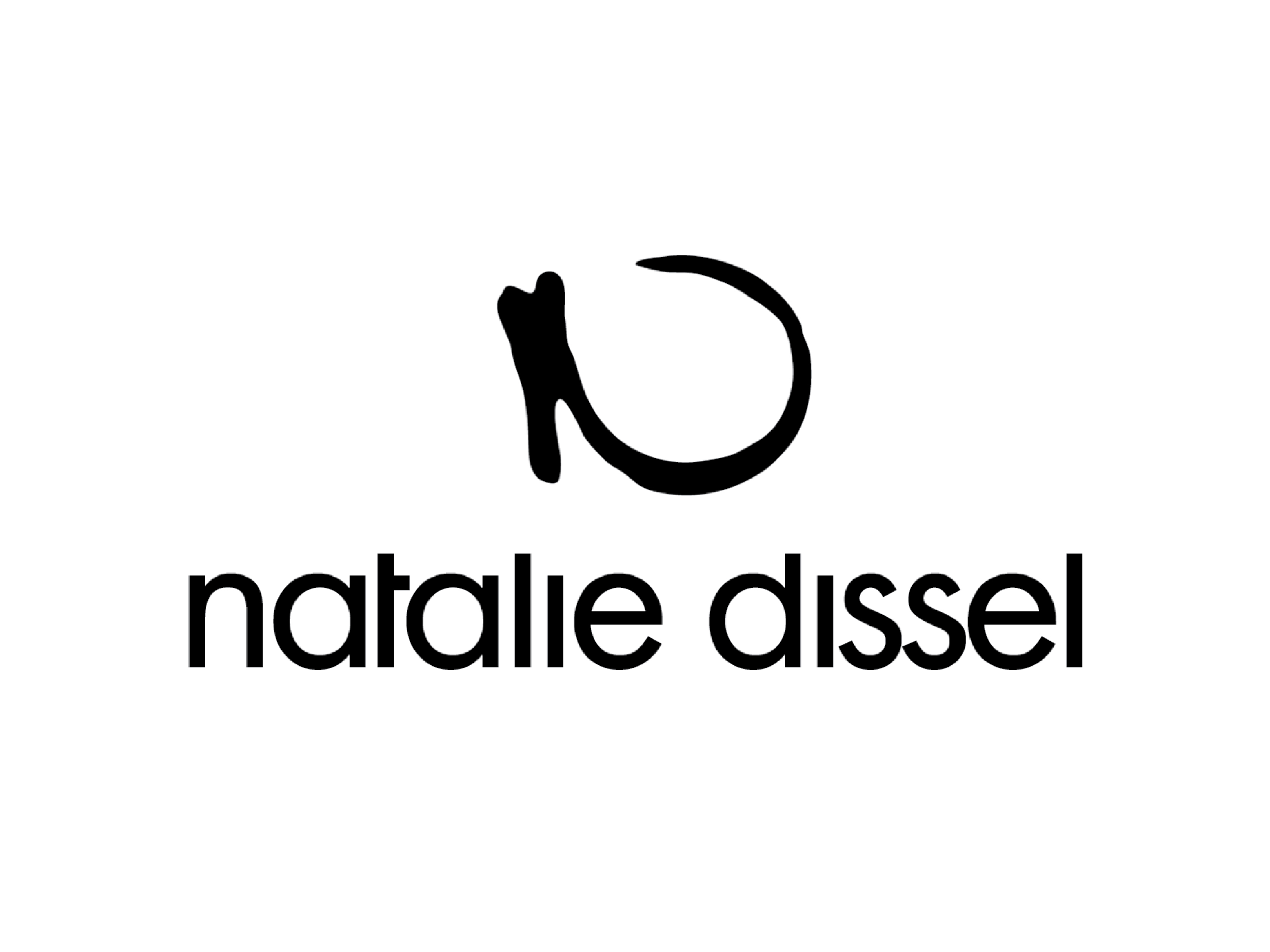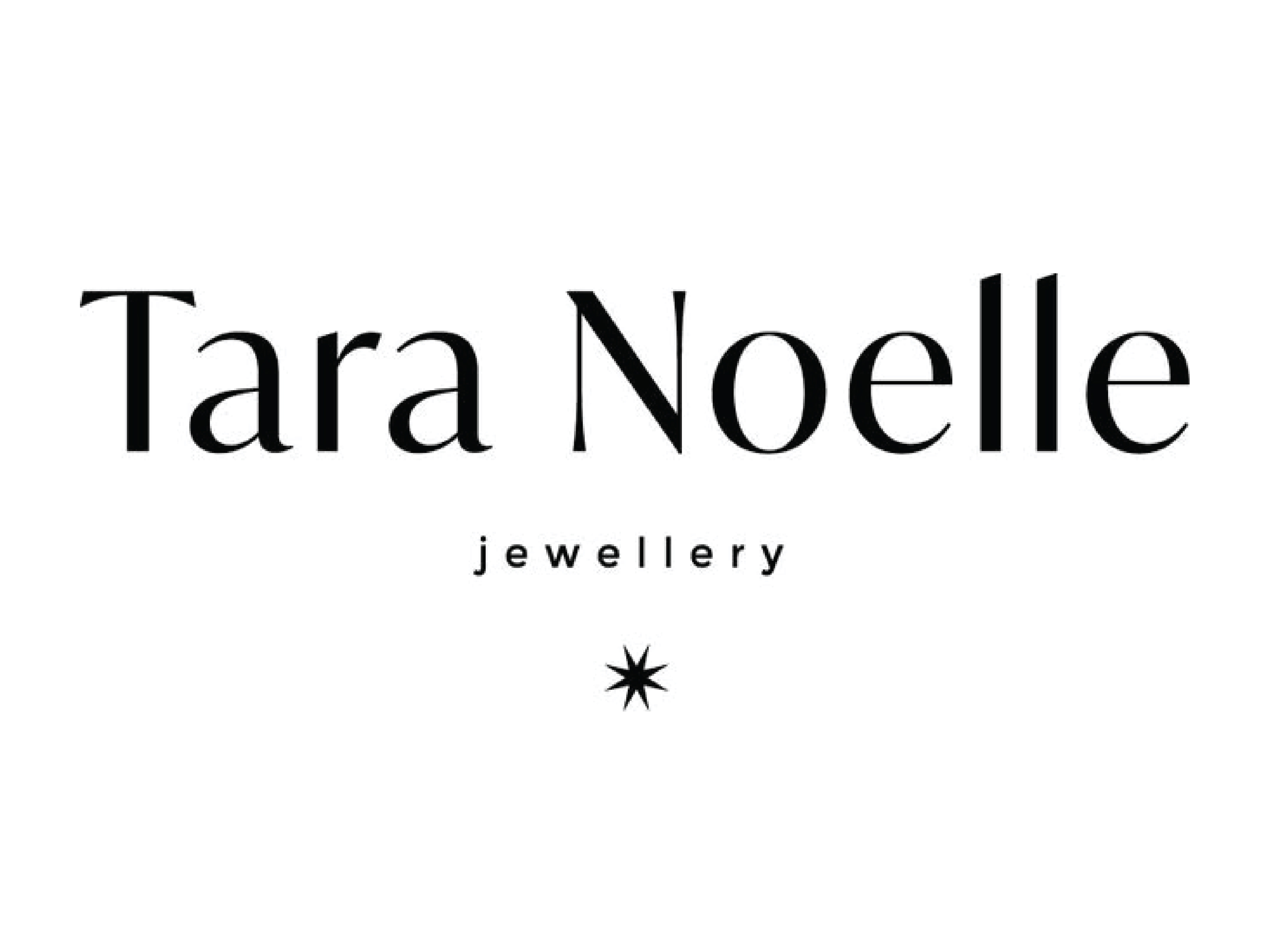Your Cart is Empty
100% ethical gold
Introducing low impact,
mercury-free gold
that empowers indigenous women miners
We need to do better.
There’s been enough destruction of our planet to meet our need for shiny objects.
We believe there's a better way. And so we clean up our supply chain.
Mercury and cyanide are often used to extract gold from mines.
Does that sound dangerous to you?
That's because it is.
But is it really necessary?
Mercury is super toxic to the environment and to people
Mercury poisoning can cause neurological disorders and physical deformities
Even small amounts of cyanide can kill many living organisms and creatures
The environmental impact of a gold mining operation lasts a lot longer than the mine itself.
Yet it doesn’t get talked about nearly enough.
The environmental impact of a gold mine can last for generations.
In Indonesia, more than 10.5 million hectares of rainforest land is used for mining. That's 2.7 million football fields' worth of jungle being deforested each year.
The damage is long-lasting: once enough gold is extracted from a site, the mine is usually left abandoned without any rehabilitation or reforestation efforts.
Artisanal and small scale gold miners can use up to 17 times the amount of mercury as the gold they get. The Blacksmith Institute tested three primary rivers in Indonesian Borneo and found mercury levels 14.5 to 140 times higher than the EPA safety standard.
WE NEED TO CLEAN UP OUR ACT.
STARTING FROM THE SOURCE.
We partner with artisanal indigenous women miners in Indonesian Borneo. We pay them a premium for their pledge against the use of mercury and cyanide.
These women are our partners, not our employees – meaning they can make more profit for themselves on top of a stable income.
In the process, your gold jewelry avoided releasing an estimated 39.98 kg of mercury into the world.
This is Gardens of the Sun's
100% ethical gold from Borneo
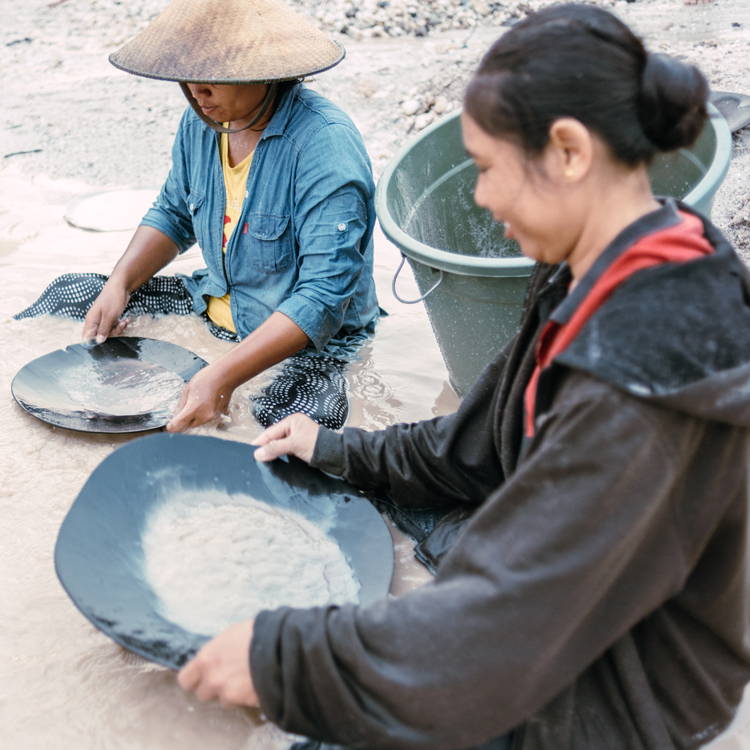
TRACEABILITY
We personally know everyone involved in our Borneo gold supply chain.
Everyone. Even their children. And their children’s children.
For example, we get our gold from Ibu Leni, her sister Priskila and her mom Ibu Gineng who send it directly from Central Kalimantan to our Bali studio.
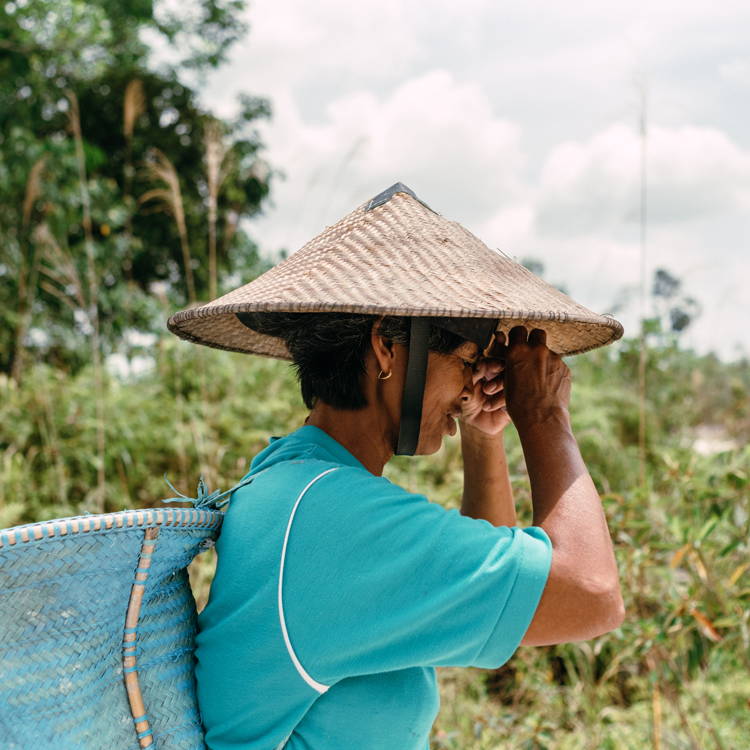
MINIMUM ENVIRONMENTAL IMPACT
No cyanide. No mercury. No deforestation.
The indigenous women miners we partner with use low impact mining methods at abandoned mining sites.
Once these women learned just how bad mercury was for their families, they were happy to stop using it.
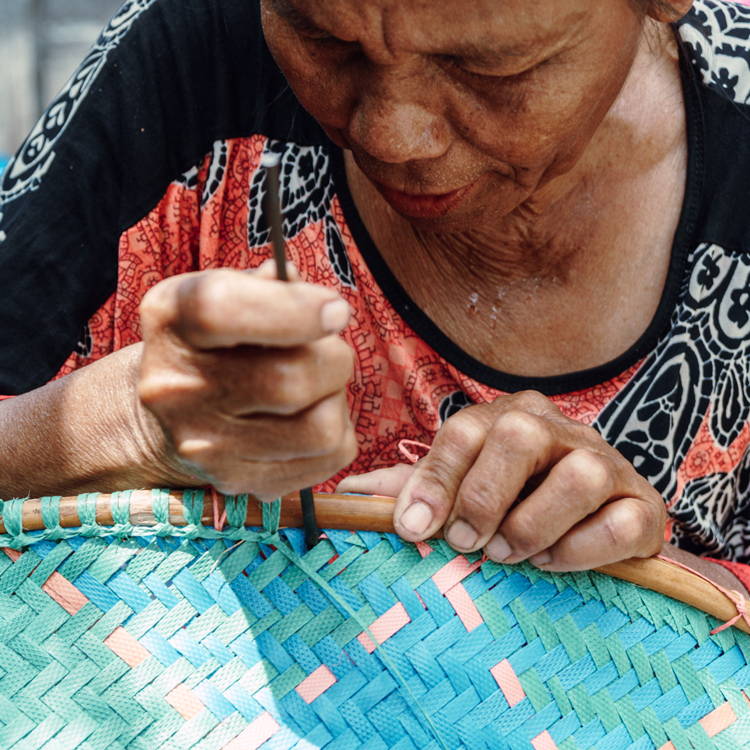
MAXIMUM POSITIVE SOCIAL IMPACT
No child labor. No exploitation or modern slavery. Only good feels for you.
Poverty is all about the lack of opportunities. And the silencing of ambition.
We try to help break the cycle by providing bi-annual scholarships for youth in our mining community.

LEGAL AND ORGANIZATIONAL EMPOWERMENT
Legal mining operations and micro-finance opportunities.
Working in the jungle means the rules can get a little wild. But when we cross our Ts and dot our Is, everyone is protected under a legal framework.
This means our partners can have peace of mind simply because our paperwork is up to date. We also purchase our gold at a premium price well over the village’s going rate.
$1,022.55
of scholarships awarded

$27,240.31
of premiums paid to artisanal gold miners
RECOGNIZED BY

"....a positive ripple effect on poverty, gender inequity, and human and environmental health"
- W. Vovia, B. Paul and A. Nijhawan. Gender equity through access to finance: Papuan Jaya panner collective Indonesia. In: World Bank. 2020. 2020 State of the Artisanal and Small Scale Mining Sector. Washington, D.C.: World Bank.
these jewelers are following suit...
Natalie Dissel and Tara Noelle are now proudly using Ethical Gold from Kalimantan as well.
Interested in joining us? Get in touch.
FROM THEIR HANDS TO YOURS
Join us on a journey beyond jewelry












